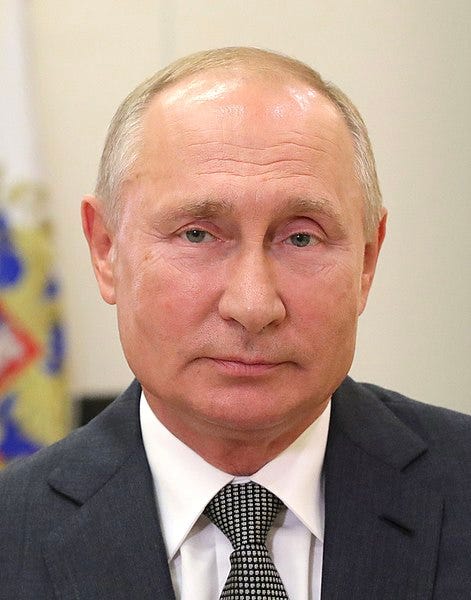How the I.C.C. Arrest Warrant Changes the Endgame for Putin
To rejoin the international community, a new government would want to hand him over.

From his very first full day in office in 2000, Russian leader Vladimir Putin has been concerned by the question of what happens after leader…


